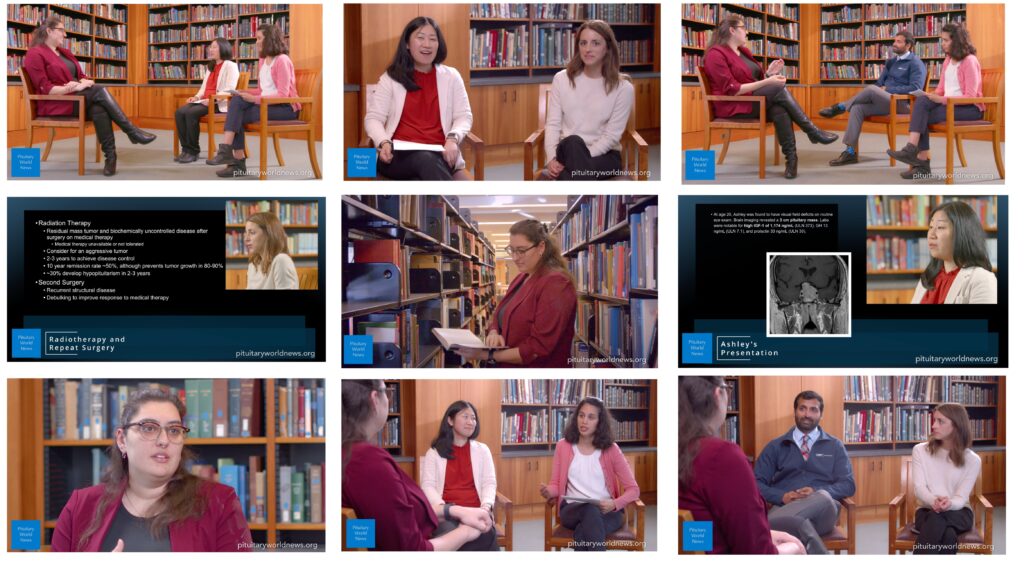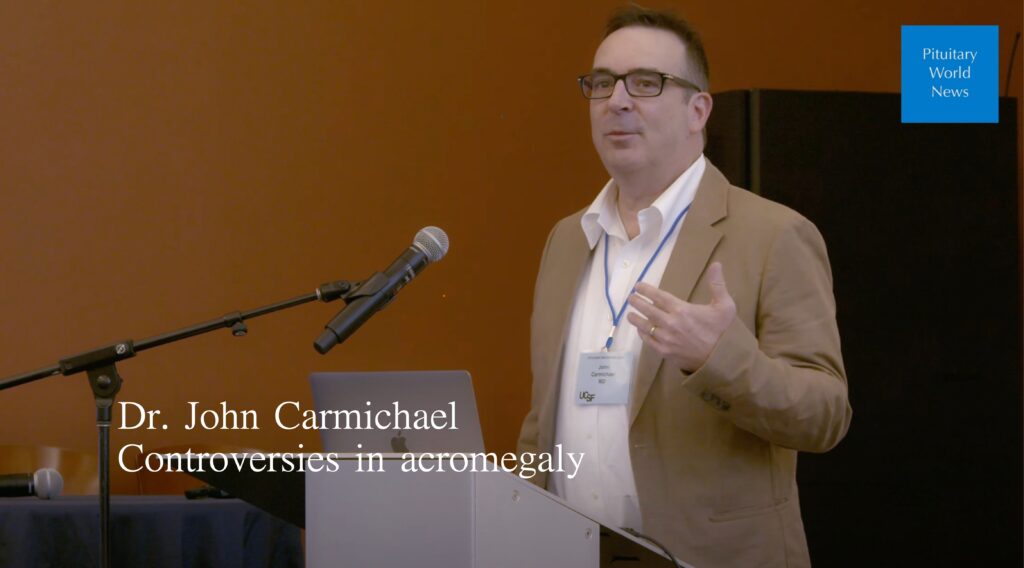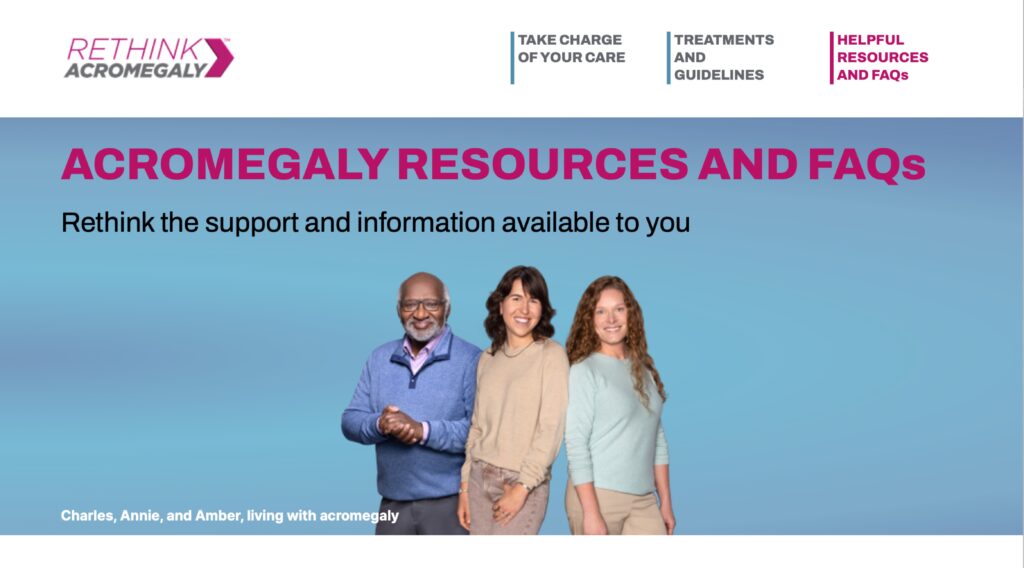I recently had the pleasure of meeting Camurus CEO Fredrik Tiberg. We initially connected on a Zoom call and later met at the European Endocrine Conference held in Copenhagen, Denmark in May. We agreed to meet in person, learn more about the company and record a podcast.












